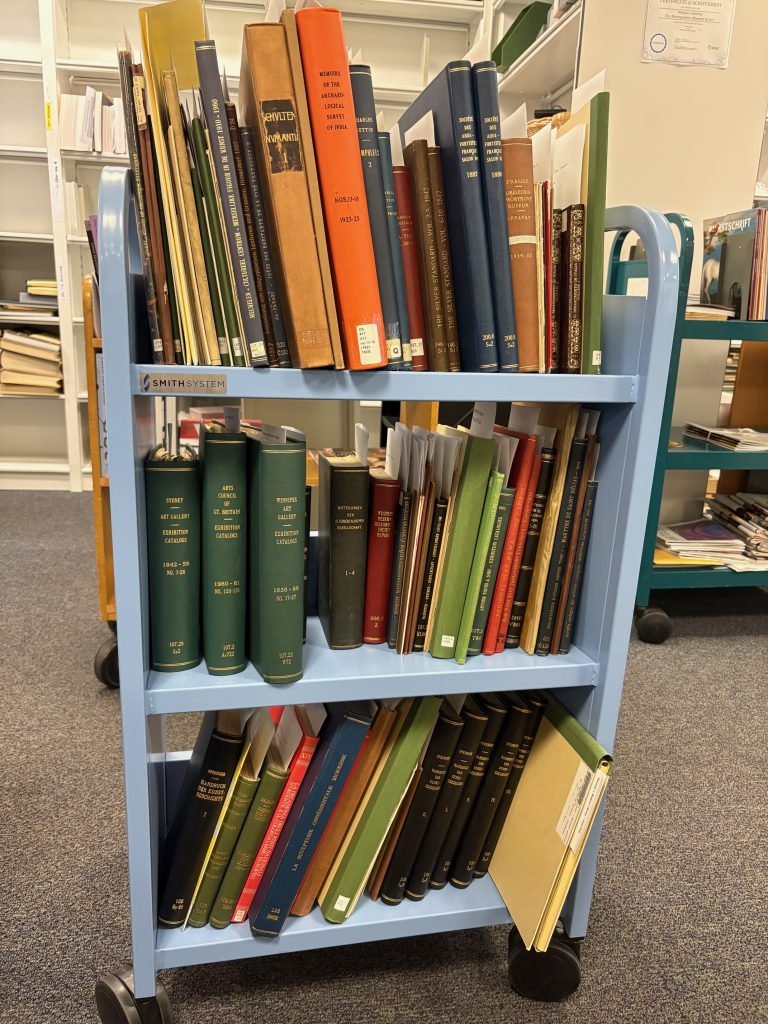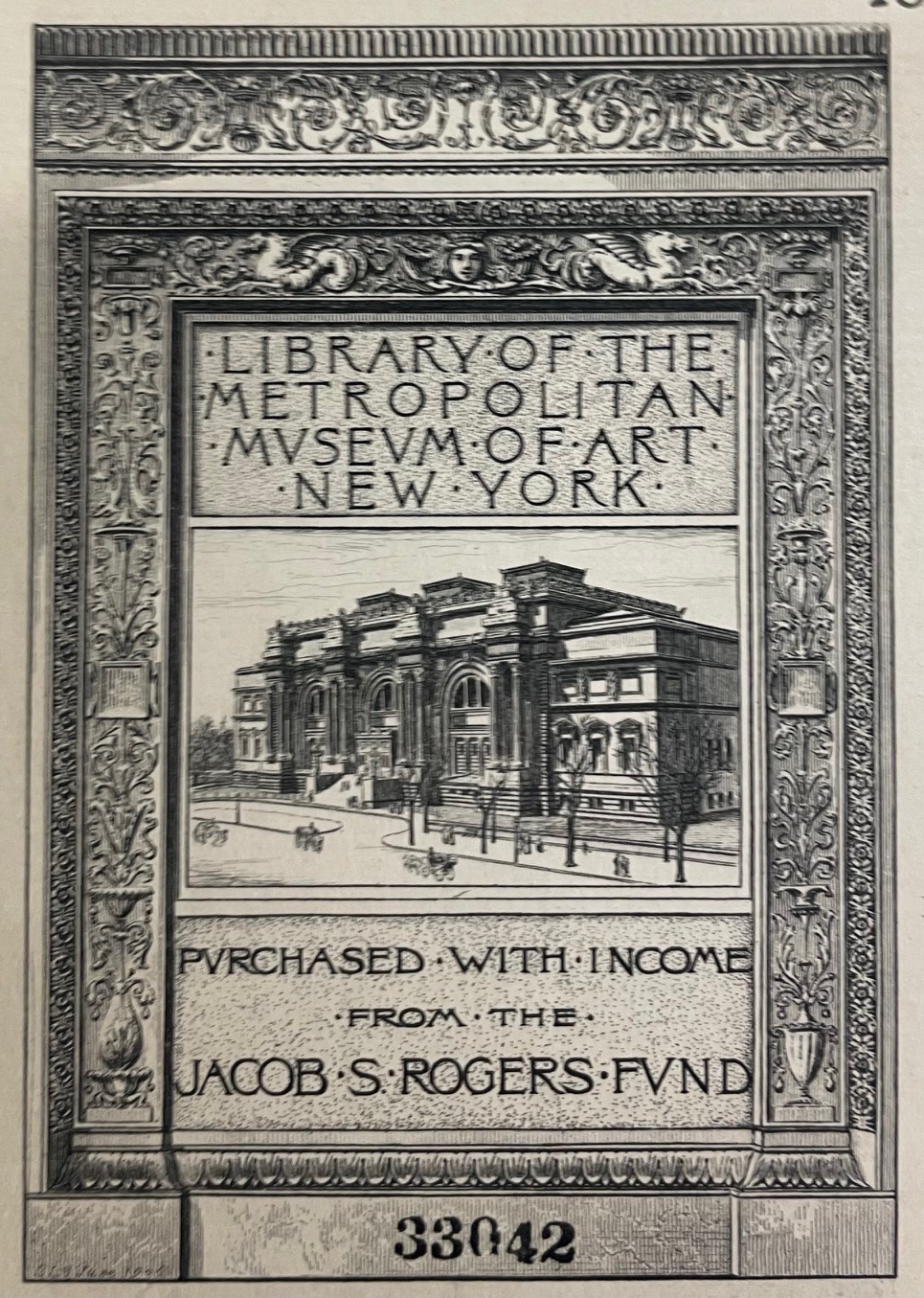
During my time as a fellow at the Watson Library my main task was working on what were called NOSH items. NOSH standing for No Subject Heading. This means items where their MARC record is missing the 650 field. For the non library science people that is the part of the catalogue record that tells you what the book is about. The MARC record serves as a modern day card catalogue. It lists important descriptive information of the items in an institution. The difference is that a MARC record through software like OCLC Connexion multiple institutions can access the same records and share or compare.
I would pull books either from the stacks or from offsite that had been previously marked in Sierra as missing subject headings. I would then use OCLC Connexion to look for other institutions’ records for the same item. Comparing between our record, their record and the item sitting in front of me. If there was a “better record” meaning one with a 650 line that used an approved Library of Congress subject heading I would take note of the new OCLC number for copy cataloguing later. After this any item I found with a new record using OCLC they will have this record merged with or replace the old record.
Without the subject headings the items cannot be found in our system by their topic. You would have to know the title or author or date of the publication. It means they don’t come up in broader research. They don’t get used as much, they can’t be suggested if no one knows about them. This causes good books with bad records to slip through the cracks. Improper cataloguing affects the ability for resources to be used properly and the ability for institutions to truly understand their collections.
